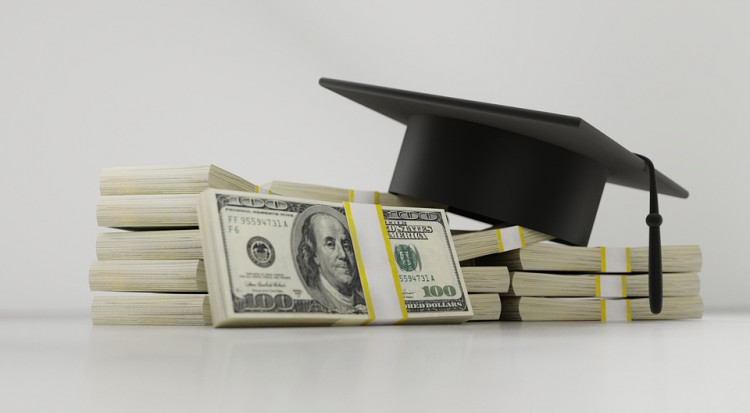The Supreme Court on Wednesday refused to lift the block on President Joe Biden's student loan repayment plan, leaving millions of borrowers in a state of uncertainty. The Court's denial comes as part of ongoing legal battles involving the SAVE (Saving on a Valuable Education) plan, which has faced significant opposition from GOP-led states.
The Supreme Court's brief order did not include any dissenting opinions and effectively upholds the injunction imposed by the Eighth Circuit Court of Appeals. This ruling halts the implementation of Biden's plan, which was designed to reduce monthly student loan payments and accelerate loan forgiveness. The Court indicated that it expects the appellate court to resolve the issue expediently, signaling a preference for lower court deliberations to conclude before any further Supreme Court intervention.
The SAVE plan, introduced by the Biden administration in July 2023, represents a major overhaul of student loan repayment policies. Under the plan, borrowers' monthly payments are capped at 5% of discretionary income, a reduction from the previous 10%. The program also shortens repayment periods for smaller loans, potentially leading to earlier forgiveness. Despite these ambitious goals, the plan remains in limbo due to ongoing legal challenges.
The Department of Education had initially implemented SAVE to offer relief to the estimated 8 million borrowers enrolled in the program. However, with the program currently blocked, the Department has placed these borrowers in an interest-free forbearance, meaning they are not required to make payments during the legal proceedings. The Department expressed disappointment in the Supreme Court's decision, emphasizing that lifting the injunction would have provided immediate benefits to borrowers.
White House spokesman Angelo Fernández Hernández reaffirmed the administration's commitment to defending the SAVE plan. "We won't stop fighting against Republican elected officials' efforts to raise costs on millions of their own constituents' student loan payments," Hernandez stated. The administration highlights that 4.5 million borrowers have already benefited from seeing their monthly payments reduced to zero under the plan.
The legal fight over the SAVE plan is part of a broader struggle involving student debt relief. Last year, the Supreme Court struck down a previous, more expansive debt forgiveness proposal, which sought to forgive nearly half a trillion dollars in student loans. This earlier plan, part of Biden's 2020 campaign promises, was invalidated on grounds that the administration had overstepped its authority.
The SAVE plan, while different in its legal foundation, has faced similar challenges. The Eighth Circuit's injunction not only blocks SAVE's implementation but also affects provisions related to long-term forgiveness for borrowers with smaller loans. This sweeping block contrasts with the decision by the Tenth Circuit Court of Appeals, which has allowed the SAVE plan to proceed in other jurisdictions.
The administration's efforts to reinstate the plan were met with criticism from several states. Missouri, along with other GOP-led states, argued that the Biden administration's actions exceed the authority granted under the Higher Education Act. These states contended that the plan's provisions effectively amount to loan forgiveness, which they argue is beyond the scope of the Act's original intent.
In response, Solicitor General Elizabeth Prelogar highlighted the potential harm caused by the ongoing legal uncertainty. She noted that borrowers are experiencing confusion and delays in their path to loan forgiveness due to the Eighth Circuit's orders. "This is not how the judicial process is supposed to work," Prelogar remarked, emphasizing the negative impact on millions of Americans who were expecting relief.
The ongoing litigation underscores the broader debate over student debt relief, a significant issue in Biden's presidency. With $1.7 trillion in student debt affecting approximately 43 million Americans, the administration's initiatives aim to alleviate the financial burden on borrowers. To date, the Department of Education has approved $168 billion in debt forgiveness for over 4.7 million individuals, marking a substantial but contested effort to address the student loan crisis.






